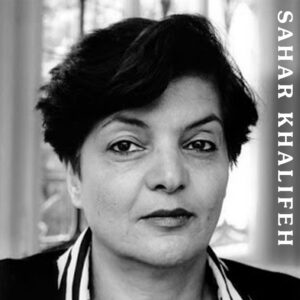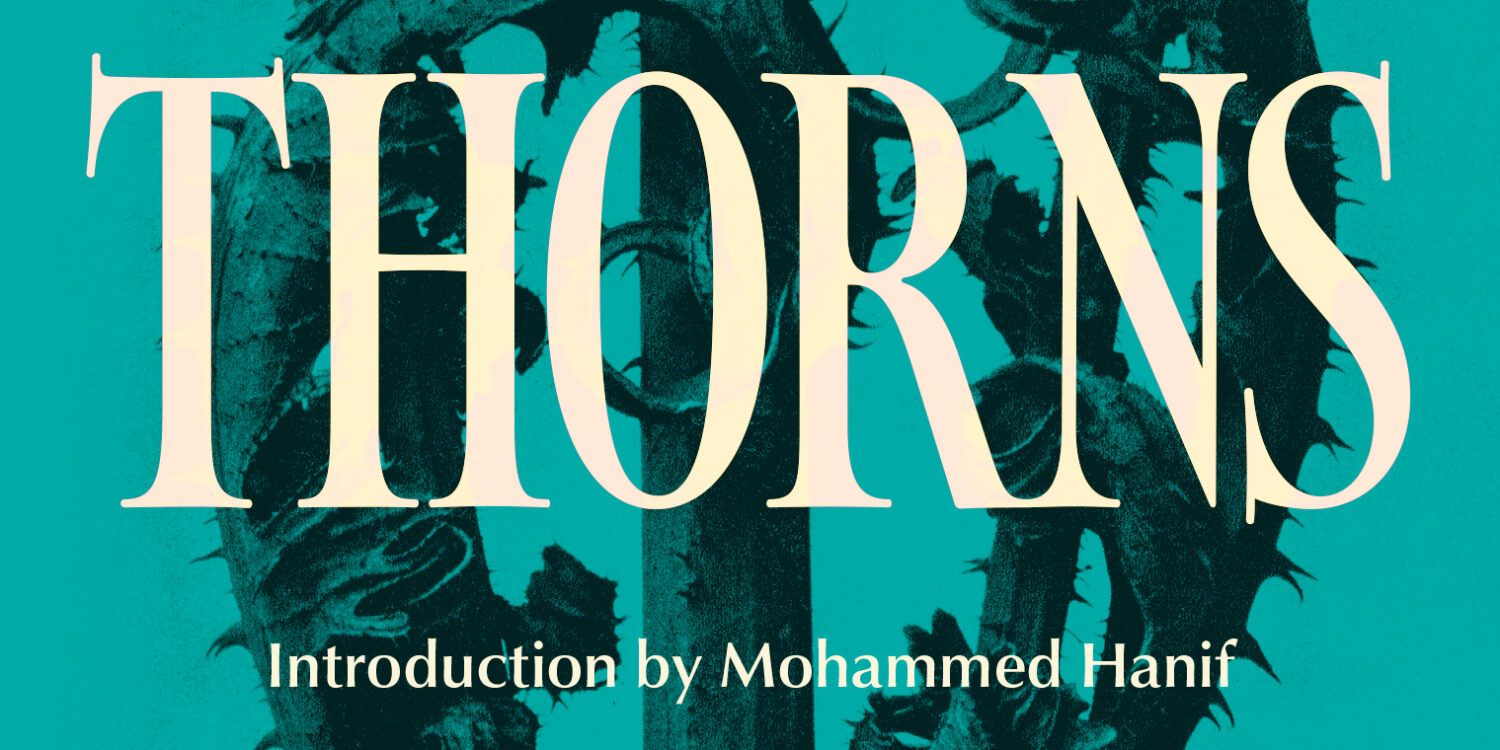By Erin Deborah Waks
With thanks to Saqi Books for the copy of the book, which is released on 1 August 2023.
***
A complex internal portrayal of the living situation in Palestine today, Sahar Khalifeh’s Wild Thorns brings to light the experiences of citizens in the nation. It never shies away from the incongruous realities which exist within its society, at once deeply traumatised and yet still full of love, life and family.
The novel is centred on the return of Usama to his native Palestine, and his reintegration within his life there. As he finds a place for himself in a land which has changed dramatically since he left, he grapples with the hardships becoming ever-present in daily life; from financial troubles to a growing sense of disenchantment, Usama must negotiate his position in Palestine against a backdrop of political turmoil.
The land, the soil itself, is given immense significance. As in much Palestinian film and literature, one’s relationship with the terrain on which they find their feet is of paramount importance. In a nation where the physical land holds a key role, having one’s feet firmly on the ground is an act of defiance. Khalifeh writes: “I’m here. I’ve returned. To this rock. To this hollow. And this hand, stained with blood, is still a bridge of freedom over a river of pain.”
Yet, despite ongoing struggle, hope and joy permeate Khalifeh’s writing. We are given a true sense of the vibrancy and, indeed, individuality of Palestinian citizens. From hardened revolutionaries to traditional-minded elders and young women expressing themselves, there is no one singular personality. We are reminded that constant media coverage of Palestine cannot provide us with the same deeply personal depiction of the nation’s reality literature can. The life, the energy, is something of vital importance to Khalifeh’s Palestine: “A world of freedom and people. Streets pulsing with life and movement. Trees heavy with the blossoms of May. The smell of warm grass and the glint of the sun on everything. Emotion surged up in him and he skipped a few steps along the empty pavement.”

The one downside of the novel, translated from its original Arabic, is the occasional lapse in the musicality of the prose. Whether this is down to it being a work of translation or a slight downfall in passages of speech in particular, there are moments where the text appears somewhat disconnected, disjointed. Occasionally, the language is not quite colloquial enough to seem to be pure realism, and a deeper look into the emotions of the characters would be preferable – indeed, where the writer does so, for instance in one incident pertaining to an Israeli family buying fruit from a Palestinian greengrocer’s, this is where Khalifeh’s writing skill and understanding of complex interpersonal relationships shines.
A hugely important novel in demonstrating oft ignored realities, Khalifeh’s Wild Thorns is essential reading for those seeking a greater understanding of the pure humanity in Palestine, and the depth and breadth of experience in the nation today.

